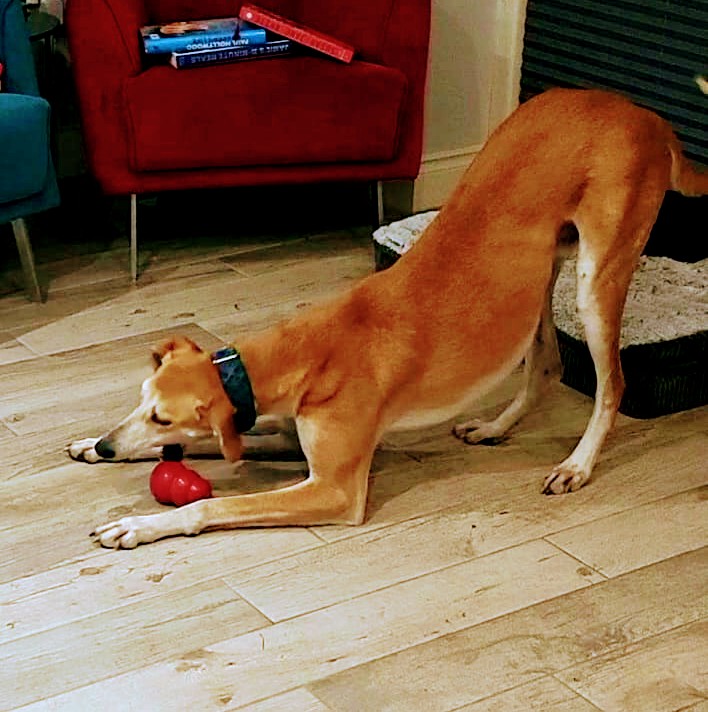Dogs chewing and mouthing are very natural, normal dog behaviors. Dogs will enjoy chewing right through their adulthood. Puppies chewing and mouthing hands and feet can be one of the first and more difficult things to navigate as owners of a dog in their early life. However, there may be reasons you’re unaware of that might be inadvertently encouraging your pup’s mouthing and nipping habits.
- Not enough mental stimulation. Puppies are exploring the world and interacting with everything they can through their mouth. They can’t touch and feel their way around, it’s all through their mouth or through sniffing. Giving them opportunities to meet their natural need to forage and explore through appropriate outlets will help curb this behavior. Forage boxes, training time, food puzzles and slow feeders are easy ways to increase mental stimulation.
- Puppies are fascinated by movement and chase games. If you run away or start moving around when your puppy starts to mouthe, you may be inadvertently encouraging them to grab onto you or teach them this is how they ask for play or attention. Movement will be extra exciting to a young dog. Instead, have toys and tug ropes on hand close to you to redirect your puppy to these instead to satisfy their need to play in a positive way .
- They are over stimulated or understimulated. Too long spent in the crate or not enough rest time can both contribute to excessive mouthing habits. Puppies cannot regulate their arousal or excitment levels yet. Try play ‘ the calm game’. Keep calm demeanour around your puppy. Dogs reflect our behaviours. Each time your puppy lies down or relaxes calming, treat and praise them keeping a calm, gentle tone. The calmness game objective is to reward your puppy for doing as little as possible so this behavior is reinforced to increase more calmness in your pup.
- Be sure to supply lots and lots of appropriate chewing outlets. Kongs, nylabones, rope toys, raw carrots, natural chews like pizzle sticks & beef tails, antlers, coffee wood chews etc. You cannot suppress the natural need to chew but you can give them the right stuff so they don’t find their chewing outlet on your hands and furniture.
- Be patient and understand your puppy is teething. They are growing and shedding around 42 teeth in their first 4/5 months of their lifetime, imagine how uncomfortable that can be!
- Be sure your puppy is getting enough sleep, scheduled rest times in their pen or crate is a great way to regulate this. Ideally, your puppy should be getting around 16 – 18 hours of sleep a day.





